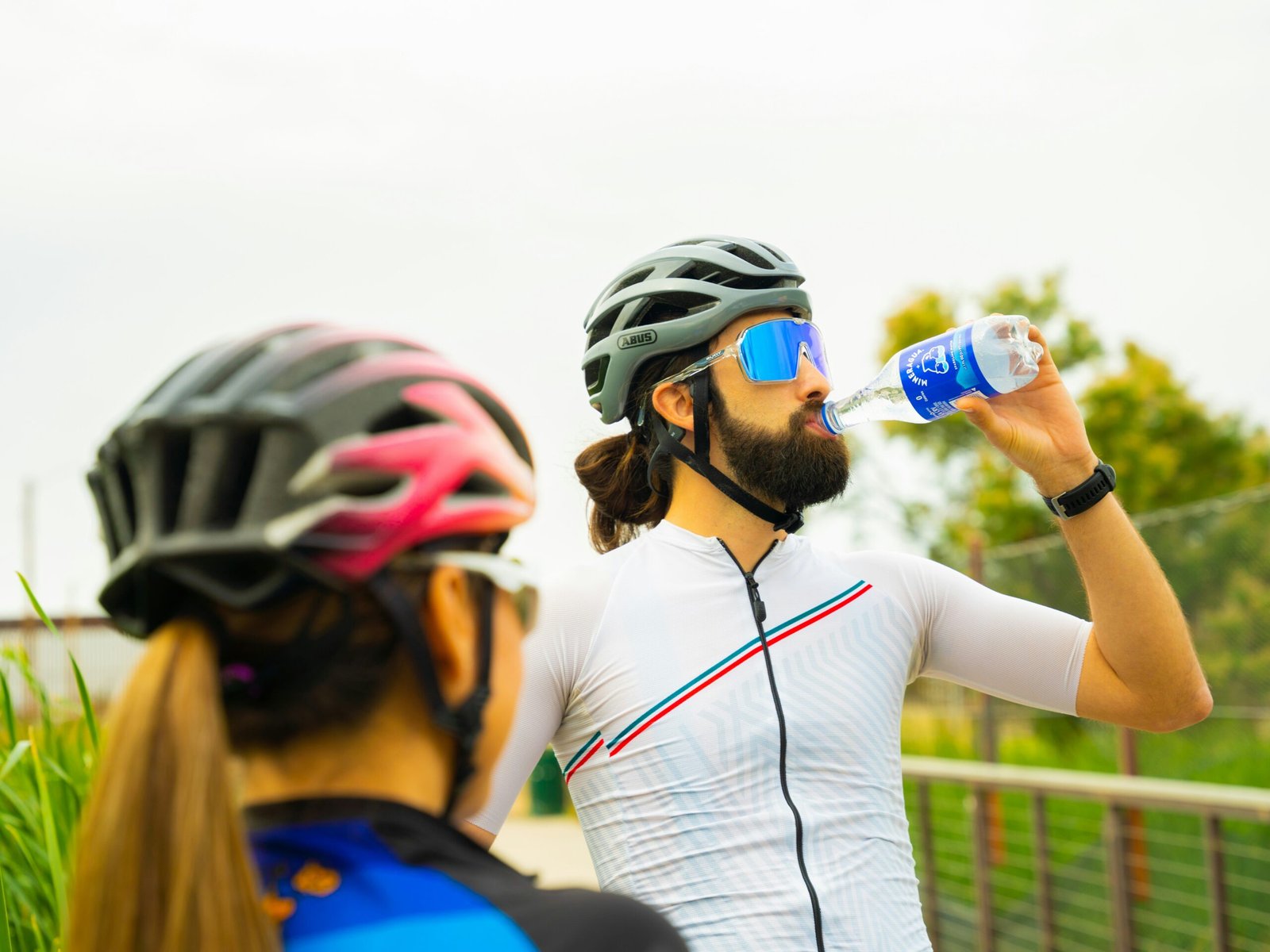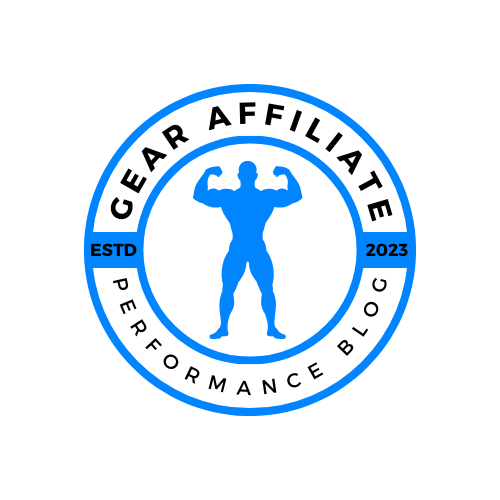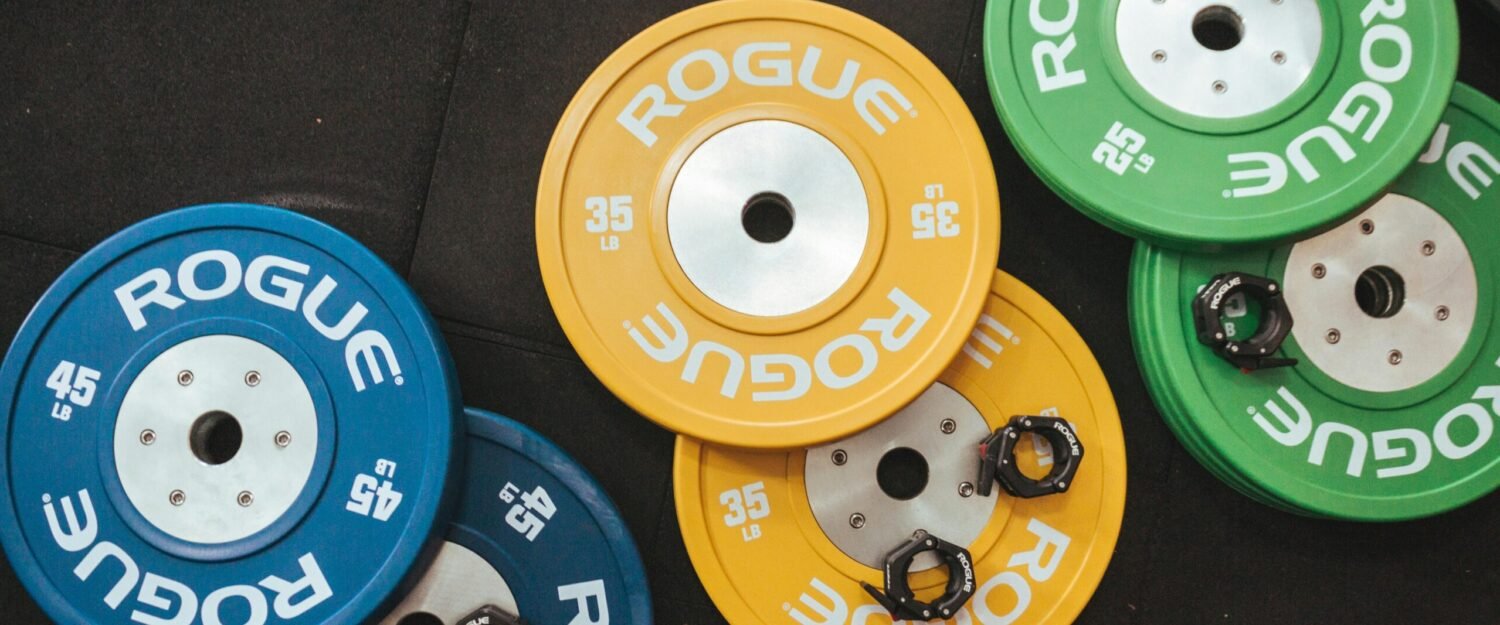
Table of Contents
Understanding the Importance of Hydration for Athletes
Hydration plays a vital role in the overall performance and health of athletes. The physiological impacts of healthy water intake cannot be overstated, as water is essential for maintaining energy levels, sustaining endurance, and facilitating recovery during and after physical activity. Proper hydration contributes to optimal blood circulation, which in turn enhances the delivery of nutrients and oxygen to muscle tissues. This process is crucial for athletes, as it helps to maximize their physical potential during workouts or competitions.
Moreover, maintaining adequate daily water intake is directly linked to the body’s ability to regulate temperature. When athletes engage in high-intensity activities, their body temperature rises; sufficient hydration allows for effective thermoregulation, helping to prevent overheating. Dehydration can impair performance significantly, as even a small reduction in water levels can lead to fatigue, decreased coordination, and diminished strength. As such, ensuring that the body is properly hydrated before, during, and after exercise is essential for sustained athletic performance.
The risks of dehydration extend beyond mere performance decline. Inadequate hydration increases the likelihood of injuries and can lead to severe health issues, such as heat exhaustion and heat stroke. An athlete who experiences dehydration may encounter muscle cramps, dizziness, and impaired cognitive function, all of which hinder their ability to perform effectively. Consequently, understanding the importance of maintaining an optimal fluid balance is crucial for athletes aspiring for success in their respective sports. By recognizing the profound impact of healthy water intake on their bodies, athletes can take proactive measures to remain well-hydrated and enhance their overall performance.
Daily Water Intake: How Much Do Athletes Really Need?
For athletes, maintaining a proper level of hydration is crucial to performance, recovery, and overall health. The daily water intake needed by an athlete can vary significantly based on several factors, such as body weight, activity level, climate, and individual sweat rates. As a general guideline, it is often suggested that athletes should consume at least half their body weight in ounces of water daily. For instance, an athlete weighing 160 pounds should aim for approximately 80 ounces of water each day. This method serves as a foundational strategy but should be adjusted based on specific circumstances.
Furthermore, athletes engaged in prolonged or intense physical activities may require higher water intake to compensate for fluid loss through sweat. The American Council on Exercise recommends that athletes consume an additional 12 ounces of water for every 30 minutes of intense exercise. This tailored approach not only maximizes hydration but also assists in maintaining electrolyte balance, which is critical for muscle function and energy levels during performance.
Environmental conditions also play a significant role in determining daily water intake. For athletes training in hot or humid weather, increased fluid requirements are expected due to additional perspiration. In contrast, cold environments may result in lower water loss, yet hydration remains essential. Athletes should be mindful of their hydration habits during all conditions, as neglecting healthy water intake can lead to performance setbacks and health issues.
In conclusion, a personalized hydration strategy is vital for athletes, incorporating an understanding of body weight, exercise duration, and intensity. By implementing these guidelines, athletes can optimize their daily water intake, ensuring they remain adequately hydrated to support their training and performance goals.
Signs of Dehydration and How to Monitor Hydration Levels
Understanding the signs of dehydration is crucial for athletes aiming to maintain optimal performance. Dehydration occurs when the body loses more fluids than it takes in, leading to a deficit that can adversely affect physical capabilities. One of the most immediate signals of inadequate hydration is thirst. While thirst is a natural mechanism that prompts individuals to drink water, it is often an indicator that the body is already experiencing fluid loss.
Other physical signs include a dry mouth, fatigue, and headaches. In particular, fatigue can be misleading, as it may stem from various factors. However, a drop in energy levels can often be linked to insufficient hydration, which contributes to decreased endurance and performance. More severe symptoms include dizziness, confusion, and a decreased ability to focus, warranting immediate attention. Athletes should also be cautious of dark yellow urine, which is another telling sign of dehydration.
To effectively monitor hydration levels, athletes can employ practical methods such as urine color tests. A color chart can be a handy tool, helping to assess hydration status based on the shade of urine; a light straw color indicates proper hydration, while dark yellow suggests a need for fluid intake. Weighing oneself before and after workouts can also offer valuable insights into fluid loss during physical activities, thus informing the necessary daily water intake required for recovery and performance enhancement.
By staying vigilant regarding these signs and utilizing methods for monitoring hydration, athletes can significantly reduce the risk of dehydration, ensuring they remain adequately fueled for their training and competitions. Maintaining a focus on the importance of healthy water intake is essential for achieving optimal athletic results.
Hydration Strategies for Athletes: Tips and Best Practices
The significance of maintaining adequate hydration for athletes cannot be overstated. A well-structured hydration strategy is essential for optimal performance, recovery, and overall health. To achieve healthy water intake, athletes should evaluate and personalize their hydration plans according to their specific needs and training demands.
Firstly, it is crucial for athletes to understand the importance of drinking water before, during, and after their workouts. Staying properly hydrated before physical activity helps enhance performance and prevent fatigue. A good practice is to start the day with a glass of water to boost hydration levels. During workouts, athletes should aim to sip water regularly, particularly during intense training sessions. Post-exercise hydration is equally critical; consuming water or electrolyte beverages helps replenish fluids lost through sweat.
Incorporating electrolyte beverages into the daily water intake is particularly beneficial during prolonged and intense training. These drinks can help restore essential minerals lost during perspiration, thereby enhancing performance and recovery. However, it’s important to be mindful of sugar content and select products that align with one’s dietary needs.
Dispelling common misconceptions about hydration is also key. Many believe that thirst alone is a sufficient indicator for hydration, but this is not always accurate, especially during high-intensity activities. Athletes are encouraged to monitor their urine color as a practical indicator of hydration status—light yellow typically indicates adequate hydration, while dark shades suggest a need for increased intake.
Lastly, athletes should consider their particular sports and environmental conditions when establishing a hydration strategy. Those engaging in endurance sports may require different hydration needs compared to individuals participating in strength training or short-duration activities. By tailoring their hydration approach, athletes can effectively maintain healthy water intake, thereby optimizing their performance and well-being.
If you found this post to be helpful, then you may be interested in the rest of our blog page here.
At Gear Affiliate, we always want to give our readers more resources to research. Below are a few sources that we have found to be helpful relating to this topic.
Video Links: Video 1, Video 2.
Discover more from GearAffiliate
Subscribe to get the latest posts sent to your email.

